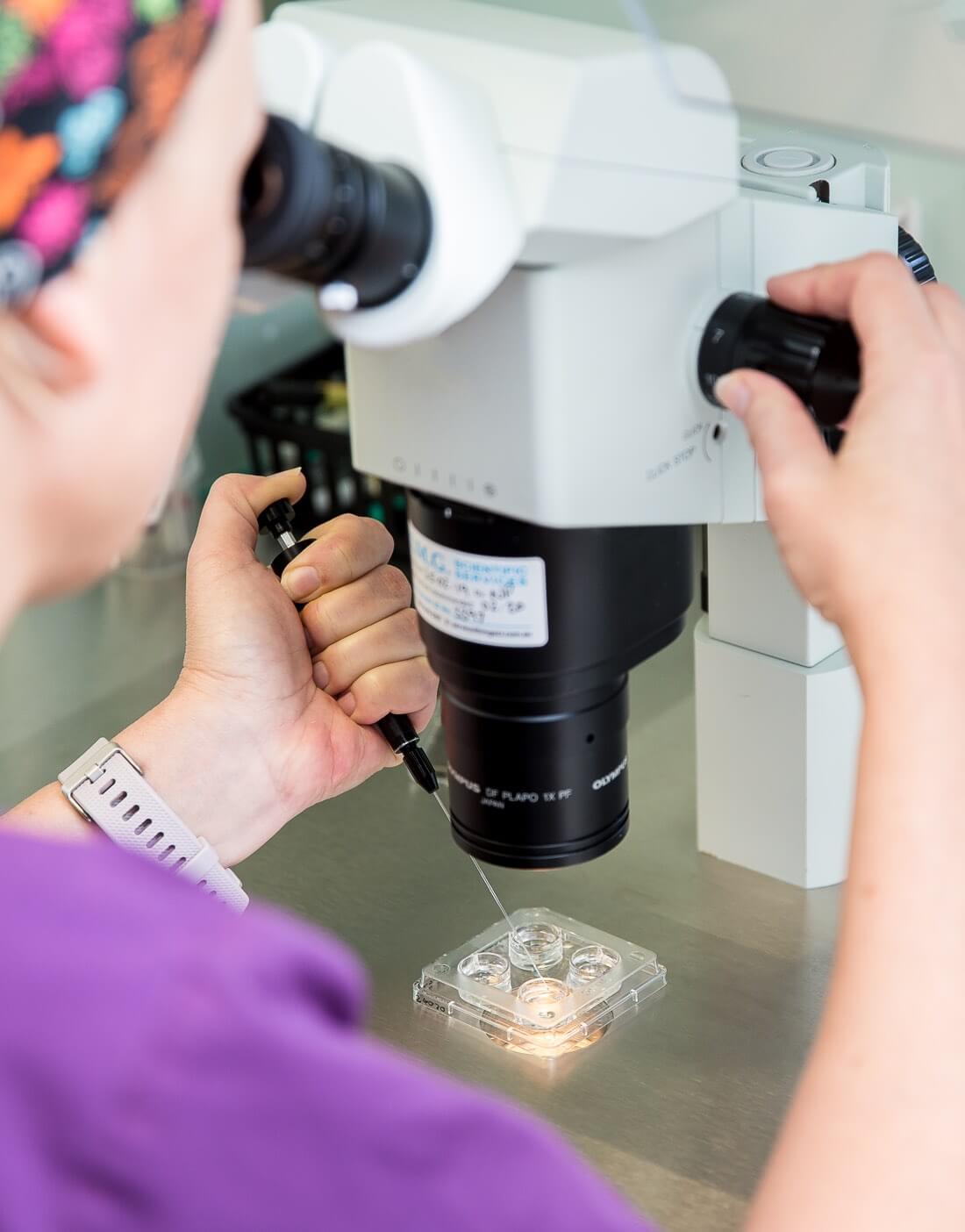In vitro maturation
What is in vitro maturation (IVM)?
IVM stands for In Vitro Maturation. The expression in vitro is used for procedures in dishes or test tubes outside the body.
IVM is similar to In Vitro Fertilization (IVF), wherein it's a form of Assisted Reproductive Technology (ART). IVM has been modified as an alternative for those who've had difficulties falling pregnant, and IVF is not appropriate. It is commonly used to assist patients with a higher risk of ovarian stimulation, such as those with polycystic ovary syndrome (PCOS).
"With IVM we collect your eggs before they mature. The eggs are placed in a special culture medium overnight to mature. After approximately 24 hours, we fertilise the now mature eggs with sperm and transfer them into your uterus."
IVM step by step
Initial testing
Prior to treatment, you will have an ultrasound and blood tests to check for any other problems.Hormonal stimulation
You start taking hormone medication. Compared to IVF there are fewer injections.
Egg collection
We collect your eggs using transvaginal ultrasound. This means we use a thin needle with suction through the vagina, retrieving eggs from the follicles. This procedure is done under a general anaesthetic.Egg maturation
The collected eggs are matured with a stimulating hormone in a petri dish along with culture medium. This takes about 24 hours.Egg fertilisation
The egg is then fertilised with sperm in the dish.Insertion into the uterus
Typically we place one embryo into your uterus. It is important to note that if transferring more than one embryo, the risk of multiple pregnancies is increased.
Pregnancy test
Around 12 days after transferring the embryo into your uterus, we test if the IVM was successful and if you have conceived. We do this with a simple blood test (pregnancy test).Who is suitable for IVM?
Women with PCOS
Women with Polycystic Ovarian Syndrome (PCOS) may have complex infertility issues. And, to make things harder for PCOS patients, traditional hormonal IVF treatment can increase the risk of serious side effects.
IVF hormone treatment can cause a condition known as Ovarian Hyperstimulation Syndrome (OHSS) in women with PCOS. This is when your ovaries respond too well to the hormones. OHSS is characterised by swollen ovaries resulting from a fluid buildup. It is painful and potentially dangerous.
Women with cancer
Traditional IVF hormone treatment may not only stimulate the ovaries, but also cancer cells. Therefore, some women with cancer or women recovering from cancer will be prescribed additional medication to ensure their hormone levels are not too high in the cycle. IVM may be a good alternative, as you need up to 90% less hormone supplementation compared with traditional IVF treatment.With traditional IVF treatment, hormone injections stimulate the maturation of eggs. This maturation happens inside the follicles within a woman’s ovaries. It’s important to note that IVM is not suitable for all women.
Key points
Women with PCOS
Women with cancer
IVM vs IVF
"The most important benefit of IVM over IVF is the reduced need for the woman to take as many hormones. This reduces the risk of overstimulation and makes IVM treatment a better option for women with certain hormonal or other medical conditions."
What if IVM doesn’t work?
As with any type of assisted reproductive treatment (ART), there is no guarantee this procedure will result in pregnancy. That said, the pregnancy rates for IVM and IVF are similar.
With this treatment, you have the option to go through the cycle again, should it not be successful.
















